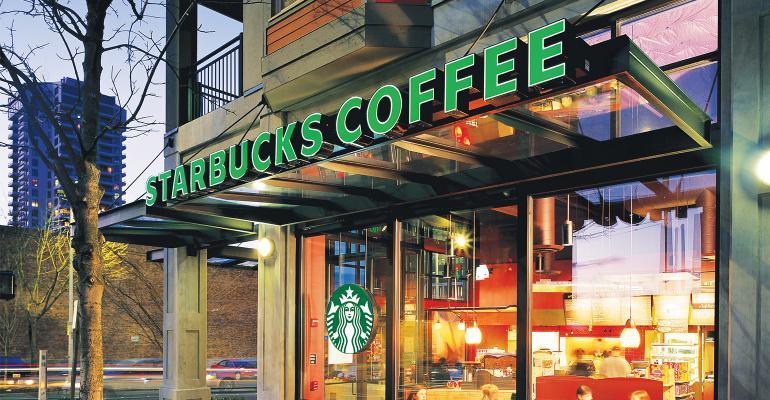After months of tense communications, Starbucks and SBWorkers United seem to finally be ready to negotiate union contracts. This week, SBWorkers United announced that it is drawing up a list of non-economic proposals for its parent company, while Starbucks published a press release on its union voting website “urging” workers to begin bargaining at the 234 unionized Starbucks stores.
According to its press release published on Monday, Starbucks sent out letters to each unionized store hoping to begin good faith negotiations at individual stores and offering a “three-week window in October to ensure that members of each bargaining committee, in addition to any other Workers United representative from that store, have ample opportunity to participate.”
Starbucks stated that letters were sent on Sept. 23 looking for individual contracts from each unionized store.
“Workers United has only filed petitions seeking to represent partners at individual Starbucks stores,” the company confirmed in a letter. “In fact, Starbucks originally sought to have union elections on a market-wide or district-wide basis, however, Workers United ardently and legally opposed that effort, and argued that all elections must be conducted within single stores.”
SBWorkers United announced the same day that the union is working on its list of proposals for Starbucks, first by introducing a list of non-salary-related asks (which is typical for union negotiations):
“We worked really hard on the non-economic proposals to make sure people felt heard and represented,” Jasmine Leli, a union leader in Buffalo, N.Y. said in a statement. “These proposals are just a starting point, and they represent our initial solutions to some of the urgent workplace issues Starbucks workers face everyday on the job. They are by no means ‘cookie cutter’ proposals. We hosted a series of consultations with Starbucks Workers United members all across the country to share the proposals, take feedback, make changes, and answer questions.”
SBWorkers United claims it has been waiting for five months for Starbucks to begin union negotiations, and that as of Monday, only three stores have begun drawing up a contract. The union will initially look to cover basic dignity and respect in the workplace, protection from discrimination, and worker safety/emergency response before going on to requests related to salaries and other benefits.
“We’ve been ready to bargain since day one, but now we’re operating together on a national level to make sure all of our voices are heard, together,” Tyler Keeling, a union worker from Long Beach, Calif. said in a statement. “These proposals are a fraction of what we’ve been able to do collectively.”
As of September, 1.5% of Starbucks stores in the U.S. have unionized, and as we have previously covered, the initial flurry of unionization filings since the first stores organized at the end of 2021 have since quieted down. In the latest chapter of the Starbucks union saga, a federal judge ordered the reinstatement of two fired Starbucks workers in August. Starbucks, meanwhile, has pushed back hard against the union’s efforts and has accused the National Labor Relations Board of bias and tampering with elections.
Union negotiations will likely spill over into the transfer of power to incoming Starbucks CEO, Laxman Narasimhan, a former PepsiCo executive, who will be taking the helm from interim CEO Howard Schultz in April 2023. While Schultz has been known for his blatant anti-union stances, it is unknown whether that culture will continue with Narasimhan’s tenure.
Contact Joanna at [email protected]
Find her on Twitter: @JoannaFantozzi




